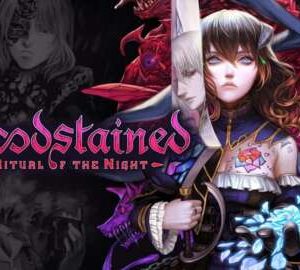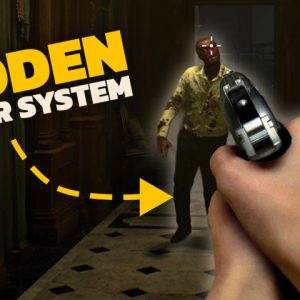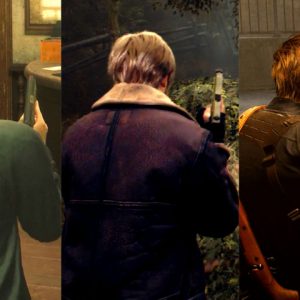
Yesterday, the Federal Trade Commission, an independent regulatory agency within the United States government, agreed to begin investigating the subject of whether video game loot boxes could be or should be classified as gambling. While not an official announcement, the FTC openly discussed that they are looking into the issue, which is a further step than most expected.
In the face of these investigations, the Entertainment Software Association is standing by their long-held stance that loot boxes do not constitute gambling. In a statement to GamesIndustry.biz, an ESA spokesperson said “Loot boxes are one way that players can enhance the experience that video games offer. Contrary to assertions, loot boxes are not gambling. They have no real-world value, players always receive something that enhances their experience, and they are entirely optional to purchase. They can enhance the experience for those who choose to use them, but have no impact on those who do not.”
The spokesperson went on to point out that the ESA has in fact moved toward making parents more aware of loot boxes by putting labels for it on the back of game boxes.
Less than two weeks ago, Ubisoft – which is a member of the Entertainment Software Association – described loot boxes as a “huge boon” for the industry as a whole. During the FTC meeting where loot boxes came up, Democratic Senator Maggie Hassan of New Hampshire estimated that loot boxes would be a $50 million dollar business unto themselves by 2020.
Loot boxes have been banned in some countries like Belgium, where the publisher response has been to simply remove the ability to buy them completely.
[Source: GamesIndustry.biz]























